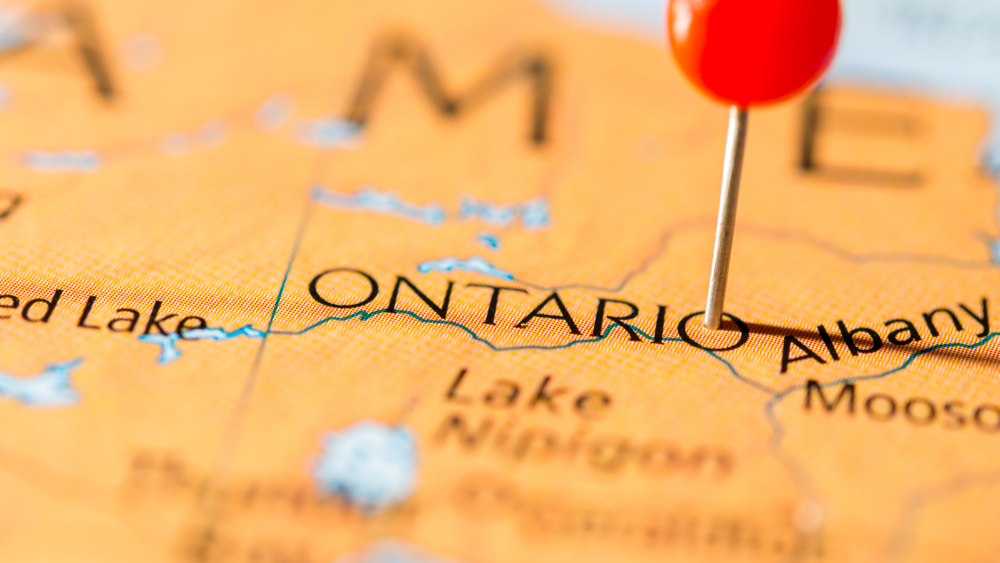The closure of casinos, bingo halls and other gaming establishments across the Canadian province of Ontario could encourage more online brands to apply for licences according to Fintan Costello, managing director at BonusFinder.
The reimposing of limited measures, confirmed by Premier Doug Ford last week, will last for 21 days from January 5, subject to trends in public health and the health system, with the move being described as “a response to recent trends that show a rapid increase in COVID-19 hospitalisations”.
Despite the land-based sector within the province having to shut its doors once again, a situation for which Costello emphasised he had “sympathy for the land-based operators, staff and vendors who would have been massively impacted by these closures”, the managing director at BonusFinder explained how there might be a silver lining to the land-based closures.
“As the new licensing regime is for online licences, the closure of land-based operations is most likely to encourage more online brands to apply for licences,” Costello noted. “A lot of Onatrians who normally visit their local casino will be tempted to try an online version instead.”
On the other side of the spectrum, Costello pinpointed that, due to a potential domino effect of the closures, BonusFinder predicted that online licensing will be delayed until “at least” Q2 to “help protect the land-based sector and the large number of people they employ”.
Towards the end of 2021, BonusFinder predicted Ontario to become the most attractive igaming market in North America for both players and brands.
Results from its latest Bonus Index stated that, once regulated in early 2022, Ontario will surpass all its US online counterparts and become North America’s “most important online casino and sports betting market,” with the Index forecasting that a combination of its 15 million population, along with an estimated 70 plus brands looking to acquire a licence, will result in a “highly competitive market”.
The Index stated that the highly competitive market will result in a battle for players which will see casino bonus offerings of $866 and an estimated sportsbook bonus of $395. Moreover, Ontario has a Bonus Index score of 23,377, nearly twice as high as New Jersey, its nearest US state rival and second in the Bonusfinder.com list.
New Jersey has recently revealed a record monthly turnover of $1.3bn in bets taken in October, however Ontario, according to BonusFinder, is expected to outstrip this in its first month with a population double the size of the East coast state.
When addressing how the closures impact BonusFinder’s Bonus Index predictions, Costello stated “at a very simple level these changes make no difference”, highlighting the Index only looks at the online market resulting in the land-based impact not being taken into account.
He added: “Based on the open and competitive legislation, we still see Ontario as the number one state in North America in 2022. In terms of worst-case scenarios, the most realistic scenario is that there are delays to the market going live and the extreme scenario is that the legislation gets changed for the worse in response to COVID. My money is on a slight delay.”
Explaining how the Index works, Costello noted that the company compiled an index that tracks the number of brands, products and welcome bonuses for every state and province in North America. It then takes these numbers and applies weightings for population and tax to create a ranking of every market.
Costello concluded: “What the data shows is that competitive and open markets (large number of licenses with online sportsbook and casino products available) will outcompete larger population states with more restrictions.
“For example, with the recent launch of New York this weekend, our prediction that New York will be the largest sportsbook market by size is looking bang-on however, New Jersey, Pennsylvania and Michigan, will overall be bigger markets due to their more competitive landscape.
“We originally created the index as an internal tool to help us prioritise North American activities and decided to make it public in order to highlight that there is still a lot of legislation work to happen in North America.”













